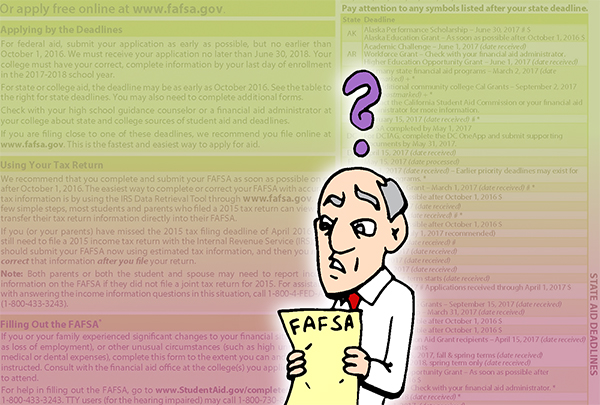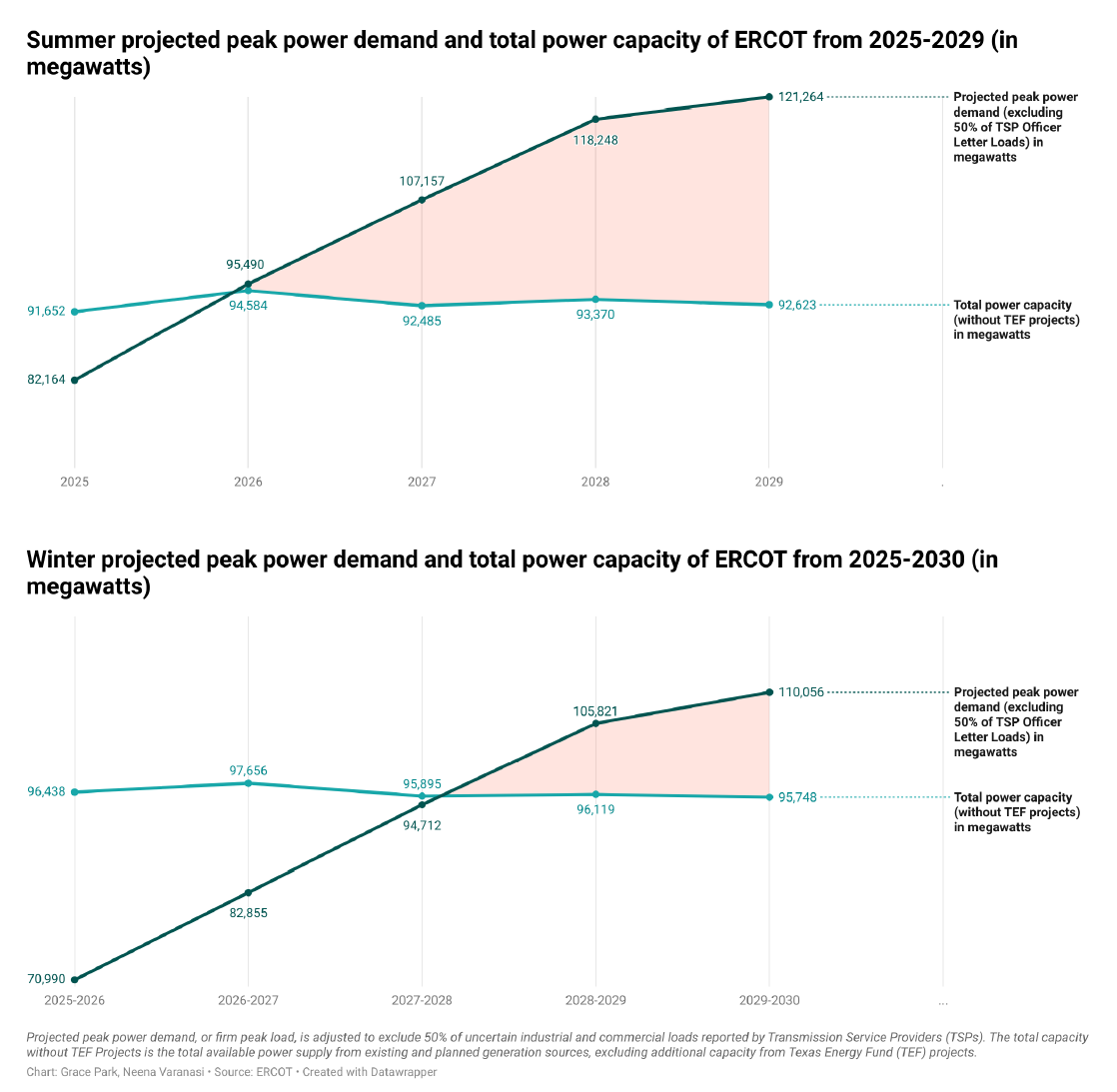In a study focused on FAFSA jargon, UT students Zachary Taylor and Ibrahim Bicak found lower-income students reported more confusion with FAFSA terms than wealthier students.
The study involved adult learners aged 25 and older, who comprise more than 33 percent of all enrolled students in U.S. institutions of higher education, according to the study. The study asked 813 respondents to read three financial aid application instructions from different universities and identify unfamiliar terms. Of these, 510 respondents identified no unfamiliar terms, while 303 collectively called 1,208 terms financial aid jargon.
Taylor said he was surprised student age does not determine the number of unfamiliar or confusing terms to an individual. According to the study’s results, income was the only factor that made a difference in understanding the jargon out of all variables tested, which included gender, age and race/ethnicity.
“Are wealthier adults more knowledgeable about financial aid processes?” Taylor said. “There’s no research to support that, but that’s one of the findings in the study. The more money you make, as an adult, seemingly, the more you know about financial aid jargon.”
Schools across the nation use different terms in their respective FAFSA instructions, and there is not yet a federal mandate to standardize the information, according to the study.
“If you go to UT, you go to Rice, you go to Baylor, you go to UT El Paso, you’re all filling out the FAFSA, so why are these instructions different?” Taylor, a higher education leadership Ph.D. student, said.
Social work junior Vanessa Bissereth said she thinks a federal mandate to standardize the FAFSA application is a good idea because it will make things simpler for her as a first generation student.
Bissereth speaks Haitian Creole, French and Spanish. English is not her first language.
“I learned to speak English, but I have a hard time reading it,” Bissereth said. “That makes FAFSA even more challenging.”
Government junior Jordan McDaniel said he’s never had any issues with the FAFSA and its language. But he said he agrees a federal mandate to standardize FAFSA makes sense.
Some of the jargon reported were financial terms, such as “4506-T tax return form.” Others were simpler terms, like “student portal.”
Despite working in higher education for years, Taylor said he even found unfamiliar acronyms while looking at terms reported in the study.
“If you’re not working in education to help kids and to help them achieve their educational dreams and the school they want to go to, I’m not sure exactly what you’re doing,” Taylor said.




















